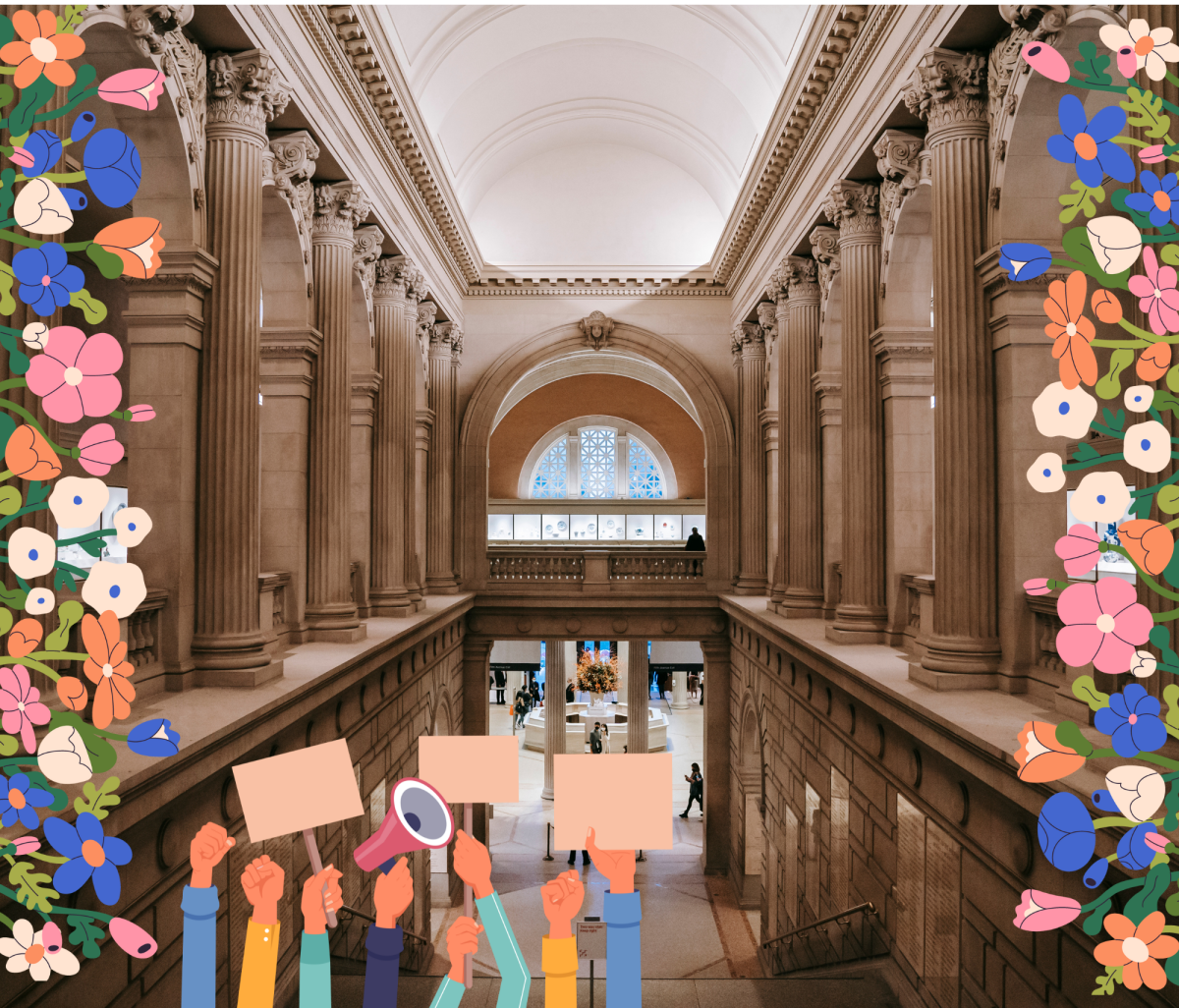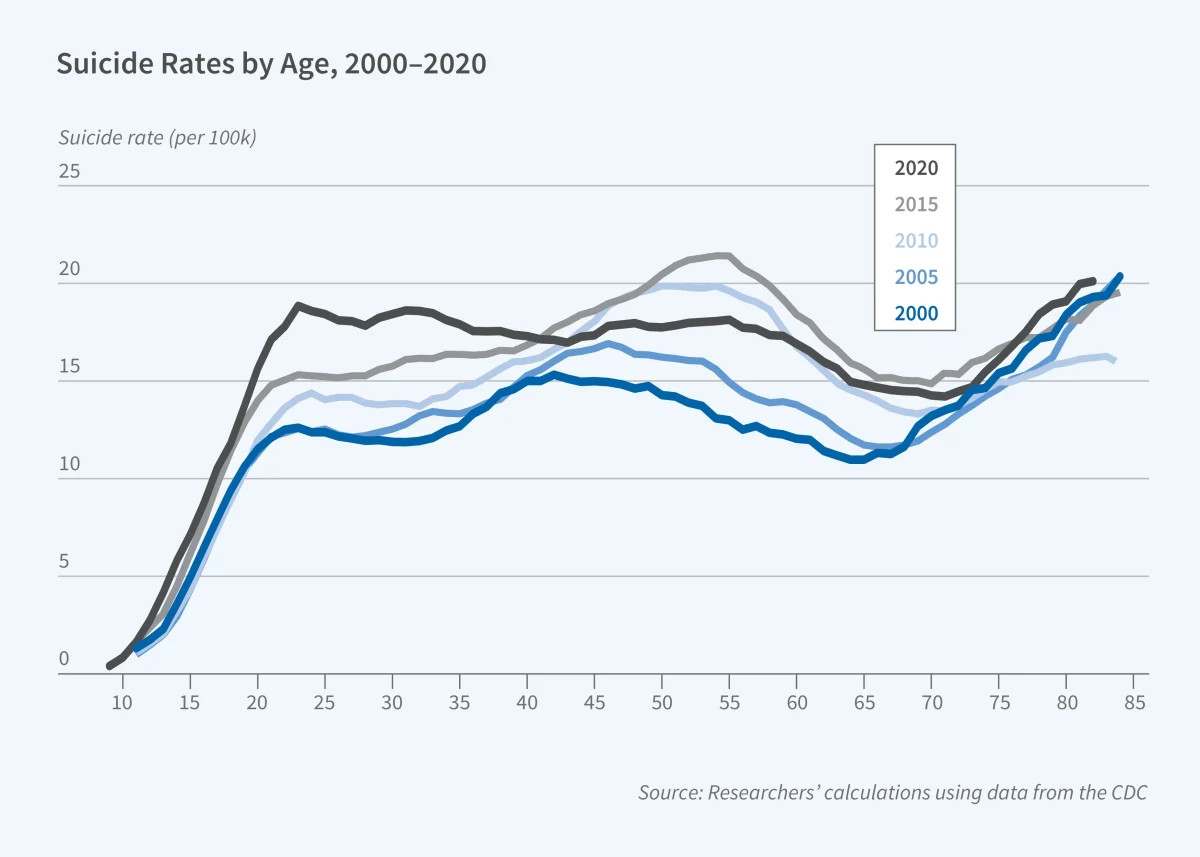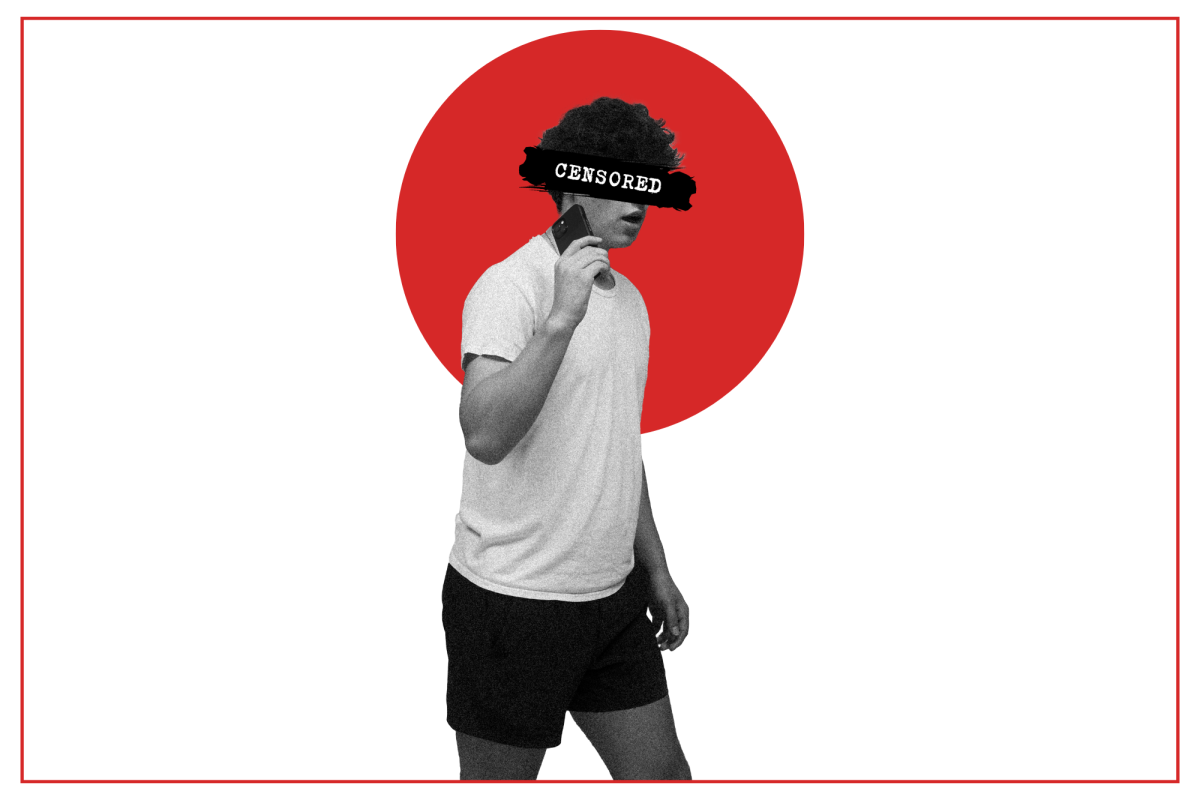Amidst the ongoing conflict in Gaza, speculation regarding the purpose and morality of the Met Gala has been the subject of much debate around the nation.
Notoriously referred to as “fashion’s biggest night out,” the Met Gala is an annual fundraiser held at the Metropolitan Museum of Art in New York City. Usually taking place on the first Monday of May, the event specifically raises funds to support the Costume Institute.
While the department typically arranges anywhere from one to two new exhibitions each year, the gala itself commemorates the opening of the spring showcase. The themes of these exhibitions determine the dress code of the Met Gala, meaning guests are expected to design their outfits accordingly. In years past, this has meant anything from the classy, commemorative quality of 2022’s “Karl Lagerfeld: A Line of Beauty,” to the striking silhouettes and colors of 2019’s “Camp: Notes on Fashion.”
The event’s star-studded guest list, infamously elaborate seating arrangement and meticulously crafted details are coordinated in large part by Vogue Editor-in-Chief, Anna Wintour. Wintour has co-chaired the event since 1995 and is also a member of the board of trustees for the museum. Furthermore, since the event’s founding in 1948 by fashion publicist Eleanor Lambert, the cost of tickets has soared from its initial $50 mark to the $75,000 price tag as it stands today.
Recently, during the Met Gala on Monday, May 6, celebrities and designers flocked to the museum decked out in floral, dreamlike gowns and suits. With the theme of the exhibit being “Sleeping Beauties: Reawakening Fashion,” the official dress code for the night was “The Garden of Time.”
Based on a 1962 short story by J.G. Ballard, the theme “Garden of Time” has been called to attention during the days following the gala. In simple terms, the story follows the final days of a wealthy couple as they attempt to escape a mob that encroaches on their property. The couple turns to the help of “time flowers” from their garden as they resort to reversing time to hinder the mob’s approach.
As it happens, while the Met Gala unfolded this past Monday, pro-Palestinian protests were taking place not far away. Audiences watching such an anticipated event began to draw parallels to the story, claiming that the lack of a statement on the matter spoke enough for itself.
According to The Guardian, fair fashion campaigner Venetia La Manna took to Instagram to call attention to the irony of the situation.
“As our favorite celebrities took to the red carpet and voluntarily lost the ability to breathe and move, Israel seized control of Gaza’s Rafah border crossing, halting the flow of aid, leaving Palestinians nowhere safe to go,” said La Manna.
Having raised roughly $26 million for the Costume Institute just this year, protesters pointed out the dystopian nature of the event’s proceedings. And, as the war in Gaza enters its seventh month, they hoped for some form of acknowledgment from an event as publicized as the Met Gala.
In any case, its extravagance and opulence are not new to the public eye. While the event will continue to be exploited and celebrated in the coming years, the current context for its proceedings has pushed spectators to challenge its integrity.










